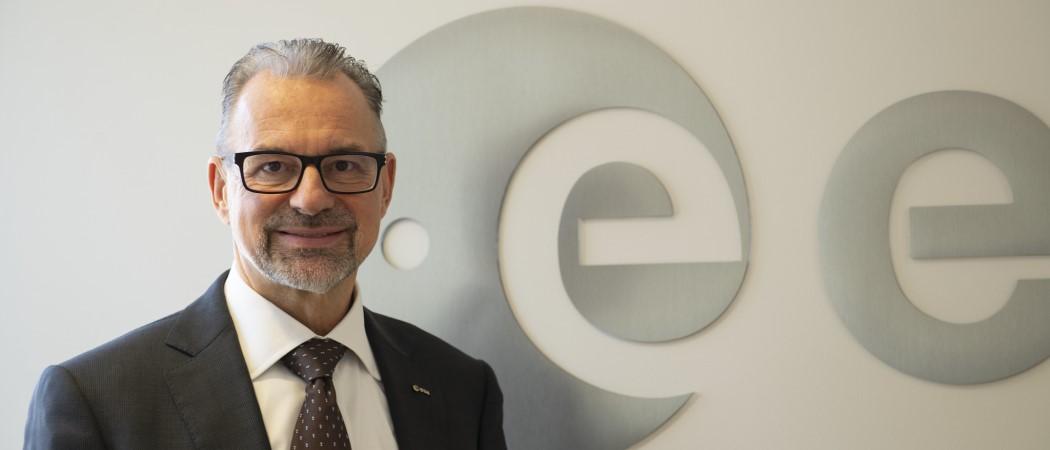EU will allocate nearly €9B up to 2027 for the European Space Agency to design new-generation systems and programmes

ESA director general Josef Aschbacher. Photo: ESA Flickr
The European Space Agency (ESA) and the EU have signed a partnership deal to mark the official launch of the new EU space programme.
The agreement opens a fresh chapter for space projects in Europe, which will see updates of the Galileo, Copernicus and EGNOS earth observation and navigation programmes, while new projects in secure connectivity, research and development and commercialisation of space technologies will also be funded.
The EU will allocate nearly €9 billion from 2021 - 2027 for ESA and European industry to design new-generation systems and programmes. This funding adds to ESA’s budget and thus consolidates an ambitious set of mandatory and optional programmes, as defined by ESA’s 22 member states.
“This is a major achievement for ESA, recognised for its scientific excellence and technical expertise in designing space systems and ground facilities for the benefit of European citizens,” said ESA director general Josef Aschbacher. The enhanced cooperation brings in “a new ambition for space in Europe,” he said.
The agreement defines the roles and responsibilities of all partners, the European Commission, ESA and the new EU space programme agency, EUSPA. It will also ensure a level of autonomy for ESA that is necessary to efficiently develop and implement the programmes.
Over the past 20 years, ESA has developed the Copernicus, Galileo and EGNOS systems, with Copernicus becoming the biggest provider of free and open Earth observation data in the world.
In the new funding period, ESA hopes to take Copernicus to the next level, and to continue the Sentinel expansion missions, which will upgrade Europe’s space monitoring capabilities.
The missions will monitor various aspects of climate change and will help the EU deliver on its promise to cut down greenhouse gas emissions.
The new space programme will also revamp Galileo, Europe’s civil global satellite navigation system. With the renewed EU funding, the project will help develop new navigation products and services for the emerging markets of self-driving cars, autonomous drones and the internet of things.
The new agreement with the ESA includes the preparation and design of Govsatcom, a new programme in secure connectivity and space safety to monitor space hazards.





 A unique international forum for public research organisations and companies to connect their external engagement with strategic interests around their R&D system.
A unique international forum for public research organisations and companies to connect their external engagement with strategic interests around their R&D system.